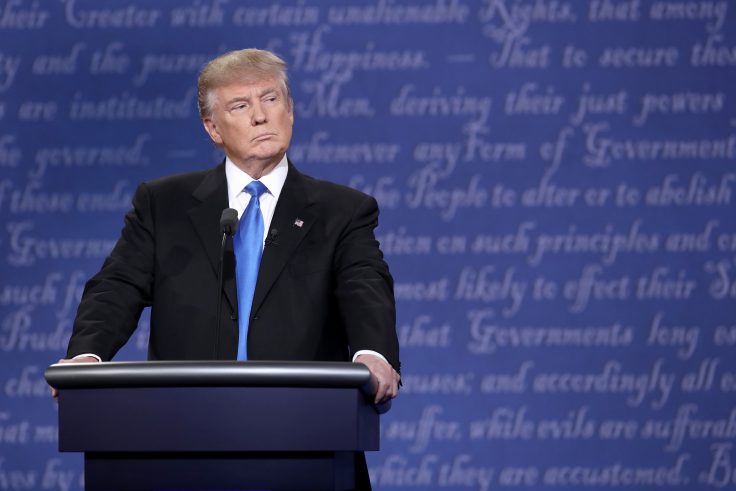By Sarah N. Lynch
WASHINGTON (Reuters) — The U.S. Justice Department on Friday released a redacted version of the legal document that allowed the FBI to seize classified government records from former President Donald Trump's Florida home, a move that could shed more light on the evidence that led to the unprecedented search.
Substantial portions of 23 pages of the 38-page document unsealed on Friday were blacked out, with the text on 11 pages of them redacted entirely.
The search in Palm Beach marked a significant escalation in one of the many federal and state investigations Trump is facing from his time in office and in private business. The Republican former president has suggested he might run for the White House again.
U.S. Magistrate Judge Bruce Reinhart, who had approved the warrant that led to the FBI's search of Trump's Mar-a-Lago residence on Aug. 8, had ordered the unsealing of the redacted affidavit by noon (1600 GMT) on Friday.
"The government is conducting a criminal investigation concerning the improper removal and storage of classified information in unauthorized spaces, as well as the unlawful concealment or removal of government records," the 38-page affidavit began.
The FBI action was part of a federal probe into whether Trump illegally removed documents when he left office in January 2021 after losing the presidential election to Democrat Joe Biden, and whether he tried to obstruct the government's investigation.
According to the document released on Friday, an unidentified FBI agent said that the U.S. National Archives had discovered "documents bearing classification markings" containing "national defense information" when it recovered 15 boxes from Mar-a-Lago in January.
The agent said the Justice Department had reason to believe there were more such records that had not been returned to the government still sitting inside Trump's home.
"There is also probable cause to believe that evidence of obstruction will be found at the premises," the agent added.
After the FBI searched Mar-a-Lago, agents carried away more than 20 boxes containing 11 sets of classified government records, some of which ere labeled "top secret."
The affidavit, a document that is not usually made public unless someone is charged with a crime, is a sworn statement outlining the evidence that gave the department probable cause to seek a search warrant.
Prosecutors had asked for the entire document to be sealed to protect the integrity of their ongoing investigation, prompting media companies to file a legal challenge to get it released.
In his order on Thursday, Reinhart said the Justice Department had valid reasons to keep some of the document secret, including the need to protect the identities of witnesses and federal agents as well as the government's investigation and strategy and grand jury material.
(Reporting by Sarah N. Lynch; additional reporting by Jacqueline Thomsen, Mike Scarella, and Karen Freifeld. Editing by Scott Malone and Alistair Bell.)
